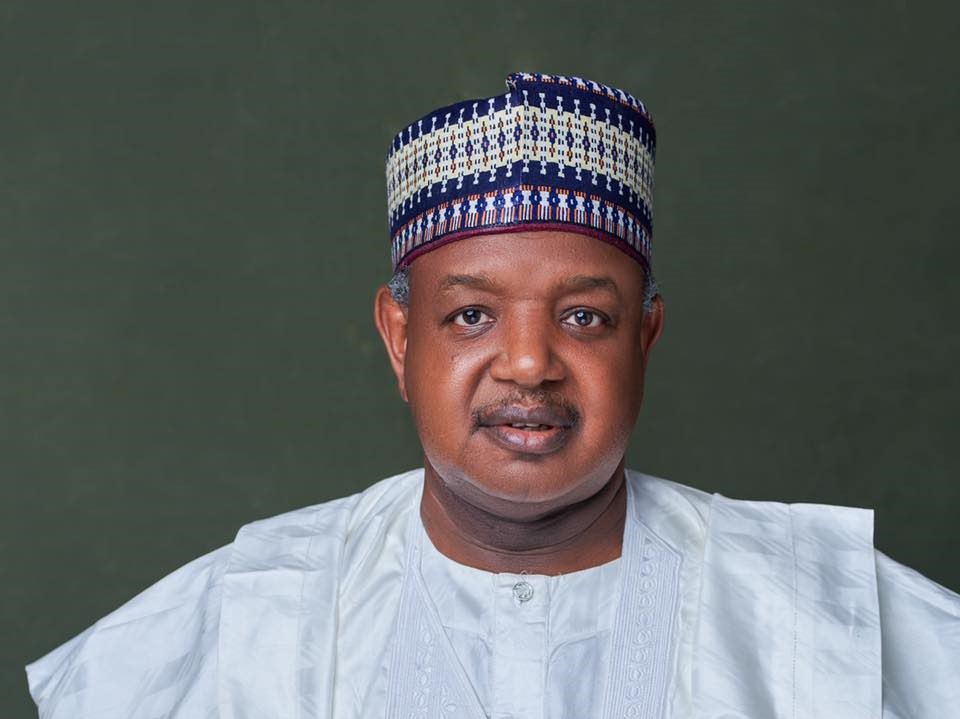
FG may need supplementary budget to pay minimum wage – IMF
In order to fund the planned rise in the minimum wage for workers, the federal government may need to create an additional budget.
This is due to the possibility that the negotiated sum will exceed the amount allocated in the initial 2024 budget.
This proposal was made by the International Monetary Fund in its most recent staff country report on Nigeria.
"According to the report, the authorities observed that the results of the ongoing wage structure negotiations might require a supplemental budget that goes beyond what they had budgeted for 2024."
It further stated that in order to stop new borrowing from the apex bank's Ways and Means, the government may need to increase the ceilings on both domestic and foreign borrowing.
Organised Labour and the government have been at odds over the new minimum wage since the start of the year in an attempt to mitigate the effects of the challenging economic climate.
The abolition of fuel subsidies and the unification of the foreign exchange market are two recent measures in Nigeria that have raised living expenses to unprecedented heights.
Although labour leaders are calling for compensation for the lowest-ranked workers to be increased from N30,000 to N615,000, there are hints that the tripartite committee may suggest setting a new minimum wage of N70,000.
Although the government has aside N6.48 trillion for human costs in the 2024 budget, the foreign lender suggests that this amount would not be enough.
The IMF added that implicit fuel and energy subsidies, together with rising debt interest costs, are likely to cause the nation's budget deficit for 2024 to exceed estimates.
According to Wale Edun, the minister of finance, the administration intended to lower the budget deficit from 6.1% of the 2023 budget to 3.8% of the present authorization.
"Staff projects a higher fiscal deficit than anticipated in the 2024 budget, but largely unchanged from 2023," the study said in part. The reasons include lower estimates for oil and gas revenue, which take into account recent production advances and reflect IMF oil price forecasts; greater implicit subsidies for gasoline and electricity; the ongoing suspension of the MTEF's excise measures; and higher interest expenses.
Staff projects a FGN deficit of 4.5% of GDP compared to the 2024 budget objective of 3.4% of GDP, accounting for an under-execution of capital spending in accordance with historical results. Given the significant social requirements and taking into account a realistic rate of income mobilisation, this means a projected deficit of 4.7% of GDP for the consolidated government in 2024—compared to 4.8% of GDP in 2023 evaluated from the financial side.
Staff anticipates consolidation in the primary deficit (non-oil) during the medium run. By the end of the projected period, government debt stabilises due to growing interest rates.
The report also recommended that the government take into account borrowing money from outside sources and the market to meet its finance needs.
"The authorities must raise the domestic and external borrowing ceilings to prevent renewed recourse to CBN financing, based on staff projections," the statement stated. According to market sources, banks and nonbanks should have enough appetite for higher interest rates, provided that system liquidity is carefully managed, maybe by lowering the existing high cash reserve requirement.
According to staff projections, the government can obtain the net financing it needs for 2024 from external borrowing and the market. Over 2023, domestic market financing must rise by 1.5% of GDP. Furthermore, the government intends to retire outstanding methods and means of borrowing 2.5 percent of GDP from the CBN by issuing additional domestic securities.
"The authorities may need to consider other options to avoid crowding out private sector credit, including drawing down the government's deposits at the CBN built up in 2023 or a second securitization operation to tackle this legacy problem," the statement continued, "even though staff agrees that ways and means financing should be brought to zero by end-2024 in line with the law."
Although the cost of external funding has increased since Nigeria last used the Eurobond markets, staff is in favour of an opportunistic issuance, especially considering the bonds' 2025 maturity. Staff predictions include a Eurobond issuance and possibly official finance as essential components of the financing mix for 2024.





